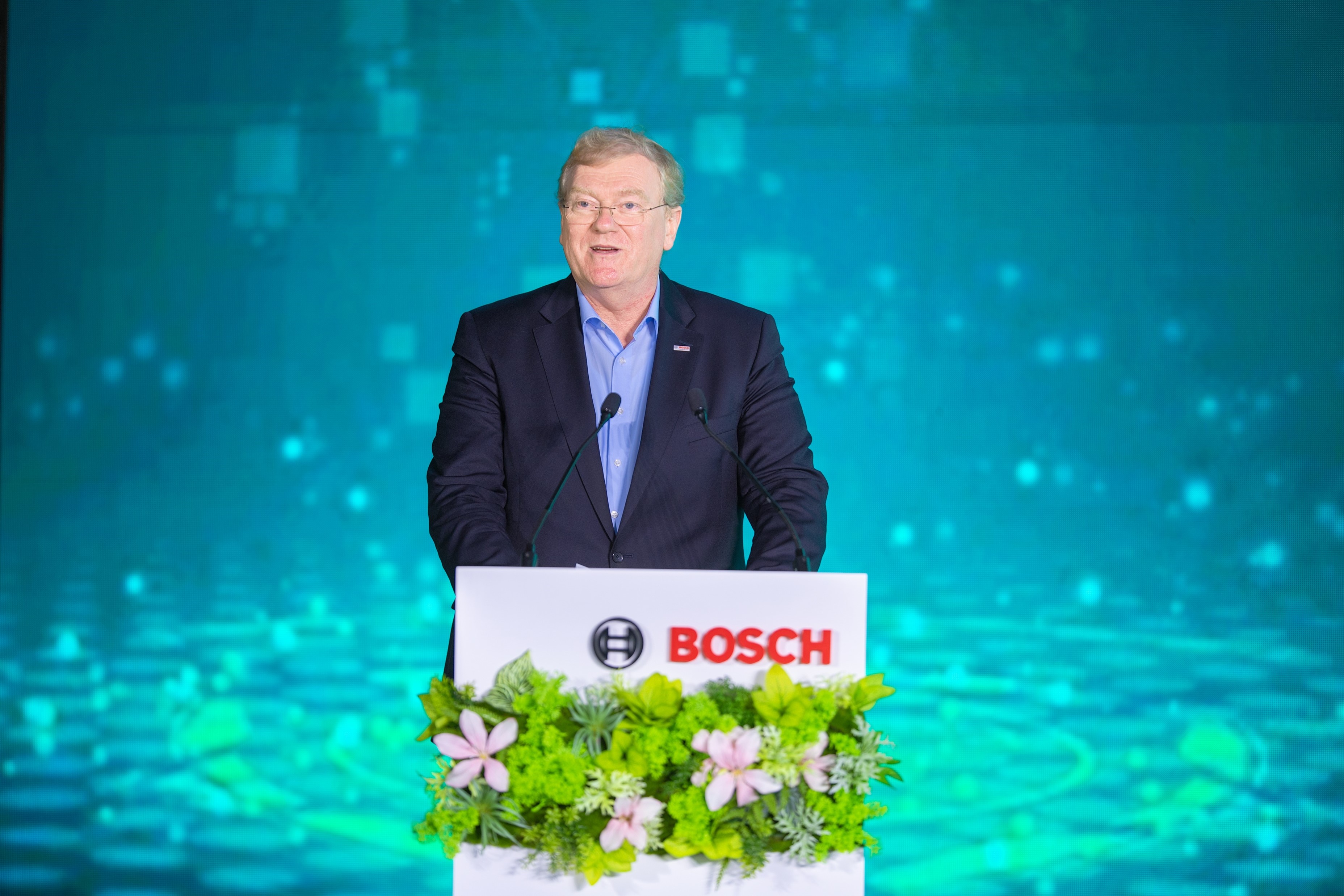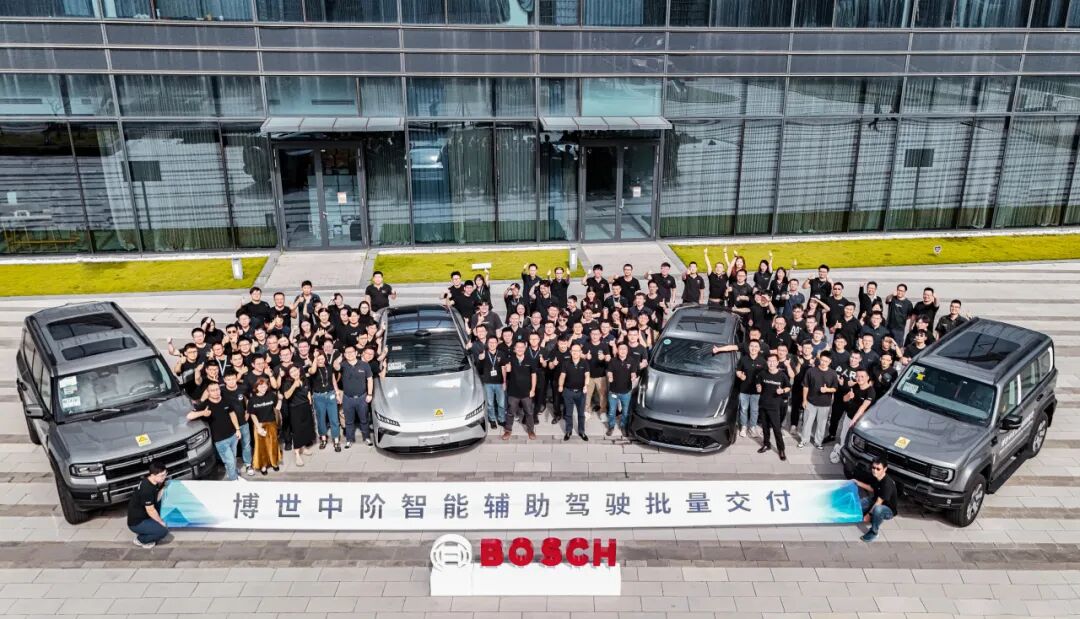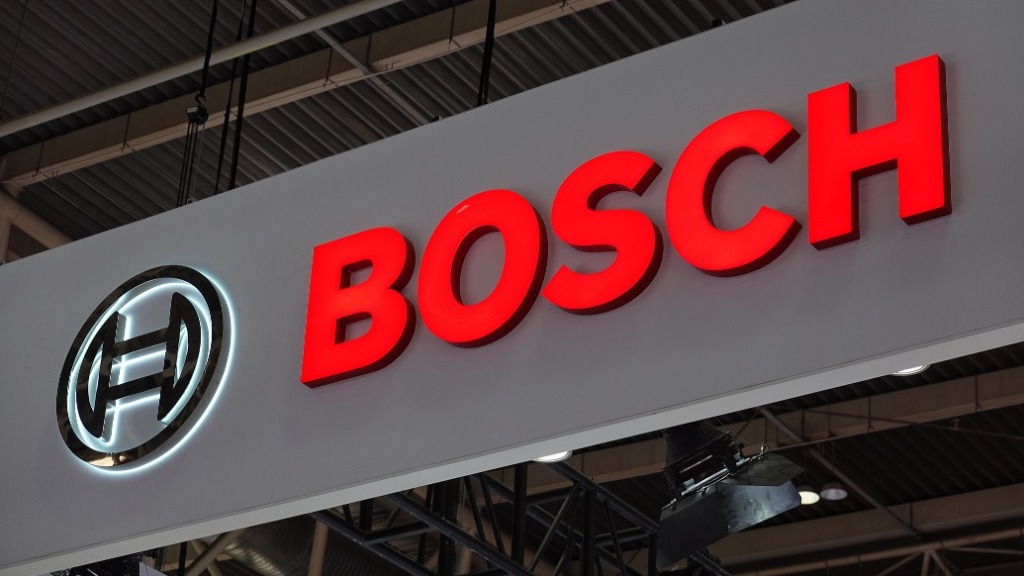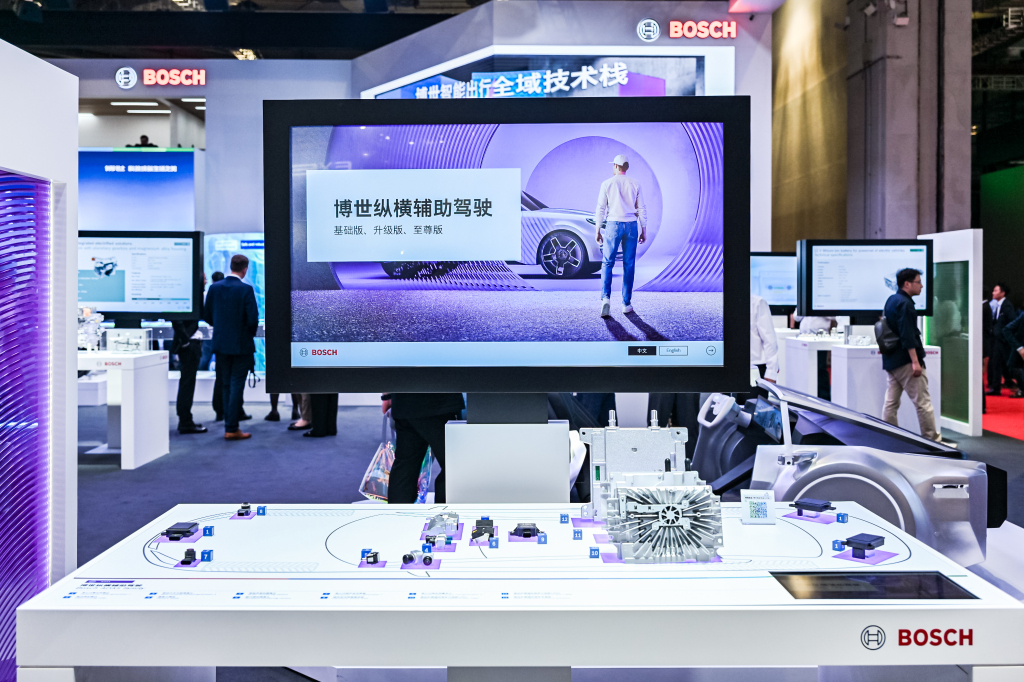
On October 15, Stefan Hartung, Chairman of the Board of Bosch Group, arrived in Beijing, marking his fourth trip to China this year.

Dr. Stefan Hartung, Global CEO
Dr. Hartung took over Bosch in 2022 and this visit to China is packed with activities. After landing in Beijing, he immediately met with the media, which was his first engagement. Following the interview, he had to catch an evening flight to Shanghai. “We have several factories starting production, and I need to visit many clients,” Hartung said, “There are also many celebration events.”

This year marks the 25th anniversary of Bosch China (Investment) Co., Ltd.; the 25th anniversary of Bosch Automotive Components (Suzhou) Co., Ltd.; and the 20th anniversary of Bosch Wuxi Powertrain Co., Ltd. Bosch entered China in 1909, established a representative office in 1995, and formed a joint venture, Joint Electronics, in Shanghai the same year. The completion ceremony for the Taicang Phase III factory of Joint Electronics was recently held. This factory is one of two new factories Bosch has opened in China, with the second-generation electric bridges set to begin mass production there next year. The other factory in Suzhou is responsible for developing and manufacturing key components for Bosch’s new energy vehicles and autonomous driving technology.

These developments are the result of Bosch's continuous investment in China.
In an exclusive interview, Hartung stated that Bosch's most crucial investment in China is in talent, which includes training for engineers, workers, and sales personnel. Currently, Bosch has around 10,000 R&D staff in China. The second important area of investment is technology and innovation.
Besides investing in factories, Bosch is eager and proactive in introducing its latest technologies to the Chinese market first. “China is actually a market with very strong innovation capabilities, and many of the products emerging in the Chinese market are next-generation products. Therefore, the products we launch in the Chinese market are often the newest. For example, our latest intelligent decoupling brake system, designed for electric vehicles, features an innovative braking technology that provides an additional layer of safety,” Hartung stated.
Ultimately, all investments in technology are aimed at delivering the best value to consumers. To Hartung, consumers are the true driving force behind the automotive industry's development. “I have previously been responsible for marketing in the home appliance sector, so I particularly value consumers. I believe that, even in the automotive industry, it is the consumers who truly drive the development of the whole industry, because it is the consumers who actually buy cars.”
Hartung believes this is also a crucial principle that helps Bosch survive in the fiercely competitive Chinese market. When asked whether dealing with car manufacturers is more interesting than marketing home appliances, Hartung quietly replied, “No.”
Currently, Bosch is facing a challenging phase due to price wars in the Chinese market. Even as a large global component giant, some car manufacturers threaten Bosch that they will refuse to make payments unless component prices are lowered.
In the ongoing power struggle with car manufacturers, Bosch maintains its stance; indiscriminate price reductions that lead to a lack of funding for new technology development create a vicious cycle that benefits no one.


